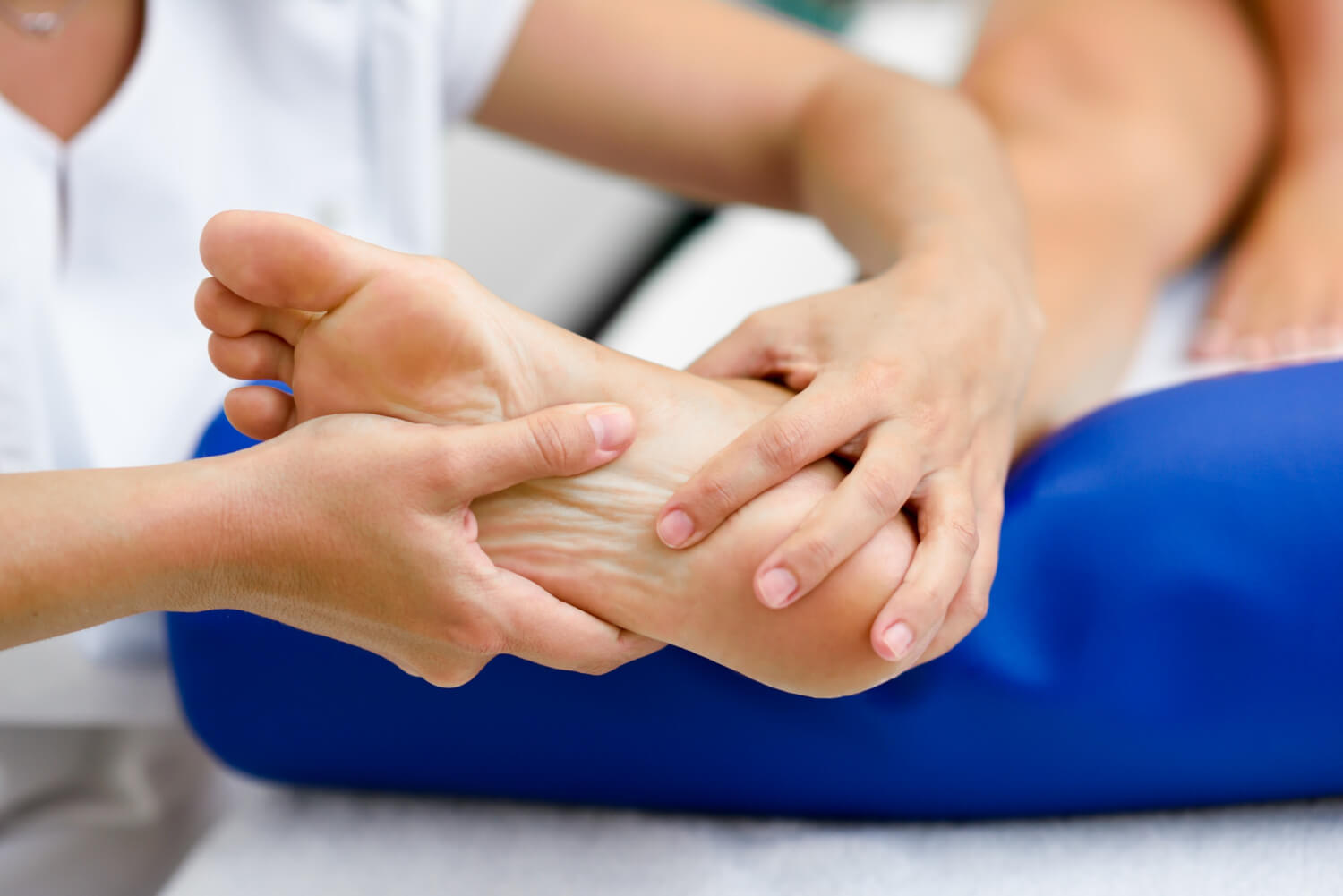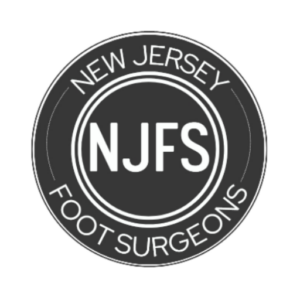Introduction
Foot deformities can affect mobility and quality of life. Dr. Nick Argerakis, a board-certified foot and ankle surgeon at New Jersey Foot Surgeons, provides expert treatments to restore comfort and function, ensuring long-term relief.
Key Takeaways:
• Common foot deformities include bunions, hammertoes, flat feet, and clubfoot.
• Causes range from genetics and injuries to arthritis and improper footwear.
• Non-surgical treatments include orthotics, physical therapy, and medication.
• Surgery is recommended for severe cases or when conservative treatments fail.
• Recovery involves rehabilitation, follow-ups, and personalized care plans.
• New Jersey Foot Surgeons provides expert, personalized care with advanced techniques.
What Are Common Foot Deformities?
Foot deformities encompass a wide range of structural abnormalities affecting the bones, muscles, and ligaments of the feet. Some of the most common conditions include bunions, hammertoes, flat feet, clubfoot, and high arches. Bunions are bony bumps that form at the base of the big toe, causing it to angle inward.
Hammertoes involve the bending of one or more toes at the middle joint, often resulting in discomfort. Flat feet, also known as pes planus, occur when the arches collapse, leading to pain and instability. Clubfoot is a congenital condition where one or both feet rotate inward and downward, while high arches, or cavus foot, lead to exaggerated arches that may cause balance issues.

Why Do Foot Deformities Occur?
Foot deformities can arise due to a variety of factors, including genetics, neuromuscular disorders, injury, arthritis, and improper footwear. Genetic predisposition often plays a significant role, especially in conditions like bunions and flat feet. Neuromuscular disorders, such as cerebral palsy, can affect muscle control and lead to structural deformities.
Traumatic injuries to the foot or ankle may result in long-term misalignment, while arthritis can cause joint damage and deformity. Wearing poorly fitted shoes or high heels frequently may also contribute to the development of certain foot abnormalities.
When Should You Seek Treatment?
Seeking treatment for foot deformities is essential when symptoms start to affect daily activities. Persistent pain, difficulty walking, visible deformities, and swelling or redness are signs that professional evaluation is necessary.
Early intervention can prevent deformities from worsening and reduce the likelihood of requiring more invasive treatments. If left untreated, foot deformities can lead to complications such as joint damage, reduced mobility, and chronic pain.
What Non-Surgical Treatments Are Available?
At New Jersey Foot Surgeons, we prioritize conservative treatment options whenever possible. Non-surgical methods include orthotic devices, physical therapy, medication, and footwear modifications. Custom-made orthotics help provide support and correct misalignment, while physical therapy strengthens muscles and improves flexibility.
Anti-inflammatory medications can alleviate pain and swelling, and wearing supportive shoes can prevent further deterioration. These treatments are often effective for mild to moderate cases, offering relief without the need for surgery.
When Is Surgery Necessary?
Surgery may be required for severe deformities or when conservative treatments fail to provide relief. Surgical options include osteotomy, arthrodesis, tendon transfer, and exostectomy. Osteotomy involves realigning bones to correct structural issues, while arthrodesis stabilizes the foot by fusing joints.
Tendon transfer procedures reposition tendons to improve balance and function, and exostectomy removes bony prominences, such as those caused by bunions. We use advanced surgical techniques at New Jersey Foot Surgeons to ensure optimal outcomes with minimal recovery time.
How Is the Recovery Process Managed?
Recovery from foot deformity correction surgery varies depending on the procedure performed. Post-surgical care typically includes immobilization with casts or braces, physical therapy to restore strength and mobility, and regular follow-up appointments to monitor progress. Patients are advised to follow rehabilitation guidelines closely to achieve the best results. Our team provides detailed instructions and support throughout the recovery process to ensure smooth healing and long-term success.

Why Choose New Jersey Foot Surgeons?
New Jersey Foot Surgeons is dedicated to providing expert care for patients with foot deformities. Our board-certified surgeons have extensive experience in treating a wide range of conditions using both non-surgical and surgical approaches. We develop personalized treatment plans based on each patient’s unique needs, ensuring comprehensive and effective care.
Our state-of-the-art facility is equipped with the latest technology, enabling precise diagnosis and treatment. Additionally, we prioritize patient education and comfort, offering a supportive environment throughout the treatment journey.
Where Can You Find Us?
Conveniently located, New Jersey Foot Surgeons is easily accessible for patients across the region. Our clinic provides a welcoming atmosphere and a team committed to delivering top-quality care. Scheduling a consultation is simple, and we are ready to assist you in taking the first step toward healthier feet.
What Do Our Patients Say?
Our success is reflected in the positive feedback and results achieved by our patients. Many have experienced significant improvements in mobility and quality of life following treatment. We are committed to maintaining high standards of care and helping each patient achieve lasting relief.
How Can You Schedule a Consultation?
If you are experiencing foot deformities or related symptoms, don’t hesitate to contact New Jersey Foot Surgeons today at (732)-320-9173. Scheduling a consultation is the first step toward correcting deformities and improving your foot health. Let our team of specialists provide the care you need to restore comfort and function.


